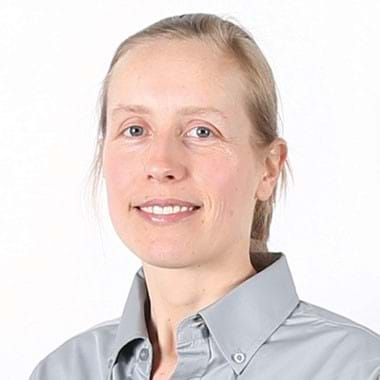Improving molecular techniques for identifying pests to meet the diagnostic needs of the agricultural industry in the context of climate change

Annabelle Firlej
Description
Climate change will encourage certain crop pests, increase the range of others, and allow exotic species to establish in Québec. Correctly identifying them is a challenge because certain pest groups require a molecular approach. Barcoding can be used to obtain DNA sequences from specimens kept in the official Québec government insect collection (MFFP-MAPAQ) and compare these sequences with those from field-caught specimens.
Objective(s)
- Use biomolecular analyses to identify pests in the collection whose DNA sequences are not included in the public database.
- Analyze identified, referenced specimens in the collection to catalog their DNA sequences using the PCR technique.
From 2015 to 2017
Project duration
Pest, weed, and disease control, Ecosystem protection
Services
This project will help farmers deal with the emergence of new invasive insect pests in the context of climate change.

Partners
Ministère de l'Agriculture, des Pêcheries et de l'Alimentation du Québec | Prime-Vert Programme | Centre de recherche sur les grains

Publications
Summary sheet • Franz Vanoosthuyse, Daniel Cormier, Annabelle Firlej
Dieni A., F. Vanoosthuyse, D. Cormier, J.P. Légaré, M. Fréchette, A. Firlej. 2018. Amélioration des techniques d’identification moléculaires des ravageurs pour répondre aux besoins en diagnostic du secteur agricole dans le contexte des changements climatiques. IRDA. 2 p. DownloadThis may interest you
GIS tool kit to support municipal drain management in preparation for climate change
The purpose of this project was to develop a set of spatially referenced tools for watercourse managers and those in charge of planning sustainable, environmentally friendly improvements to water systems.
Researcher: Aubert Michaud, retraité

Management and ecological restoration of peatlands for a sustainable Canadian horticultural peat industry
Development of a strategy for rapidly producing biomass using restoration and irrigation.
Researcher: Stéphane Godbout

Hydrological monitoring of the Rivière Bullstrode watershed
The project consisted of setting up and operating six hydrometric stations in the Riviére Bullstrode watershed.
Researcher: Aubert Michaud, retraité


